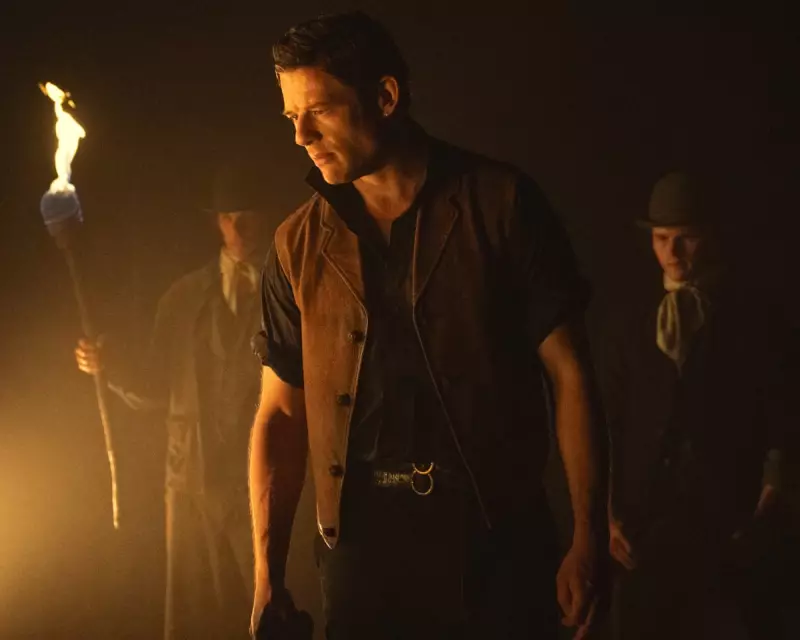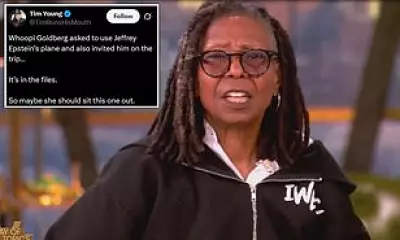
The streaming giant's latest historical drama House of Guinness has become embroiled in an unexpected linguistic debate, with Dame Helen Mirren's Irish accent drawing both praise and scepticism from viewers and critics alike.
The Accent That Divided a Nation
Mirren takes on the role of Margaret 'Golly' Guinness, a formidable Dublin socialite navigating the complex world of 19th-century high society. While the production boasts lavish sets and costumes worthy of the Guinness dynasty's legacy, it's the Oscar-winning actress's vocal performance that's stealing headlines.
Early reviews have highlighted what some describe as an accent that "wanders across the Irish Sea," with particular scrutiny falling on Mirren's delivery of pivotal emotional scenes. The controversy echoes previous debates about English actors attempting Irish roles, reigniting conversations about authentic casting in period productions.
Viewers Voice Their Verdict
Social media platforms have become battlegrounds for linguistic analysis, with audiences sharply divided:
- Some praise Mirren's "brave attempt" at capturing Dublin's distinctive tones
- Others describe the accent as "unconvincing" and "occasionally slipping"
- Many note the particular challenge Irish accents pose for non-native speakers
The debate extends beyond Mirren's performance to broader questions about representation in historical storytelling. As one cultural commentator noted, "When telling specifically Irish stories, should authenticity extend beyond the costumes and sets to the very voices that bring them to life?"
A Pattern in Period Drama
This isn't the first time accent work has overshadowed a major production. The phenomenon raises important questions about audience expectations in an era of increasingly globalised streaming content. While international viewers might overlook subtle linguistic nuances, domestic audiences often possess more discerning ears for regional authenticity.
The House of Guinness controversy highlights the delicate balance filmmakers must strike between star power and cultural authenticity, particularly when tackling stories rooted in specific national identities.
As streaming platforms continue to invest in historical dramas with global appeal, the conversation sparked by Mirren's performance suggests audiences are becoming increasingly vocal about how their cultures and accents are represented on screen.





